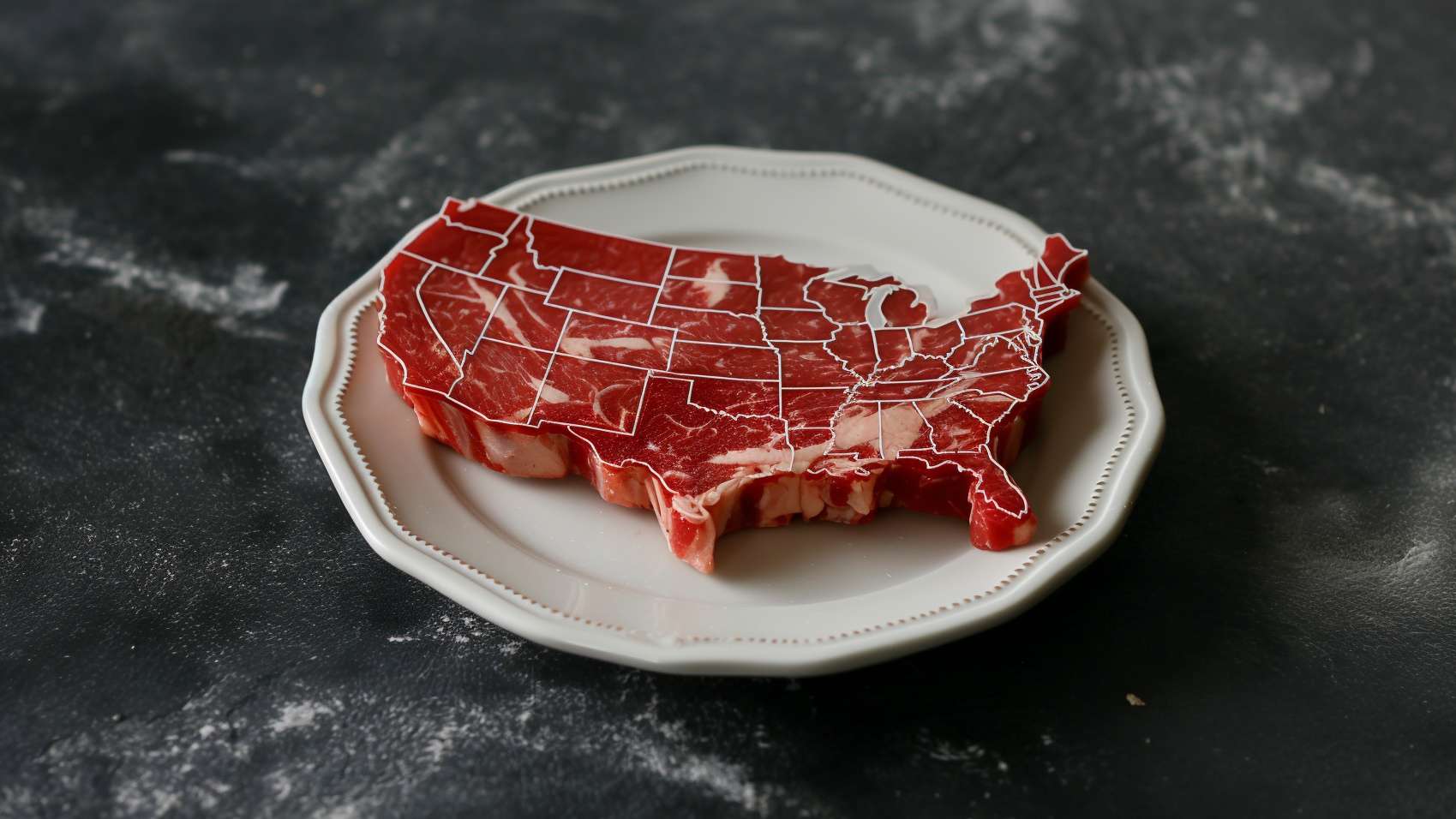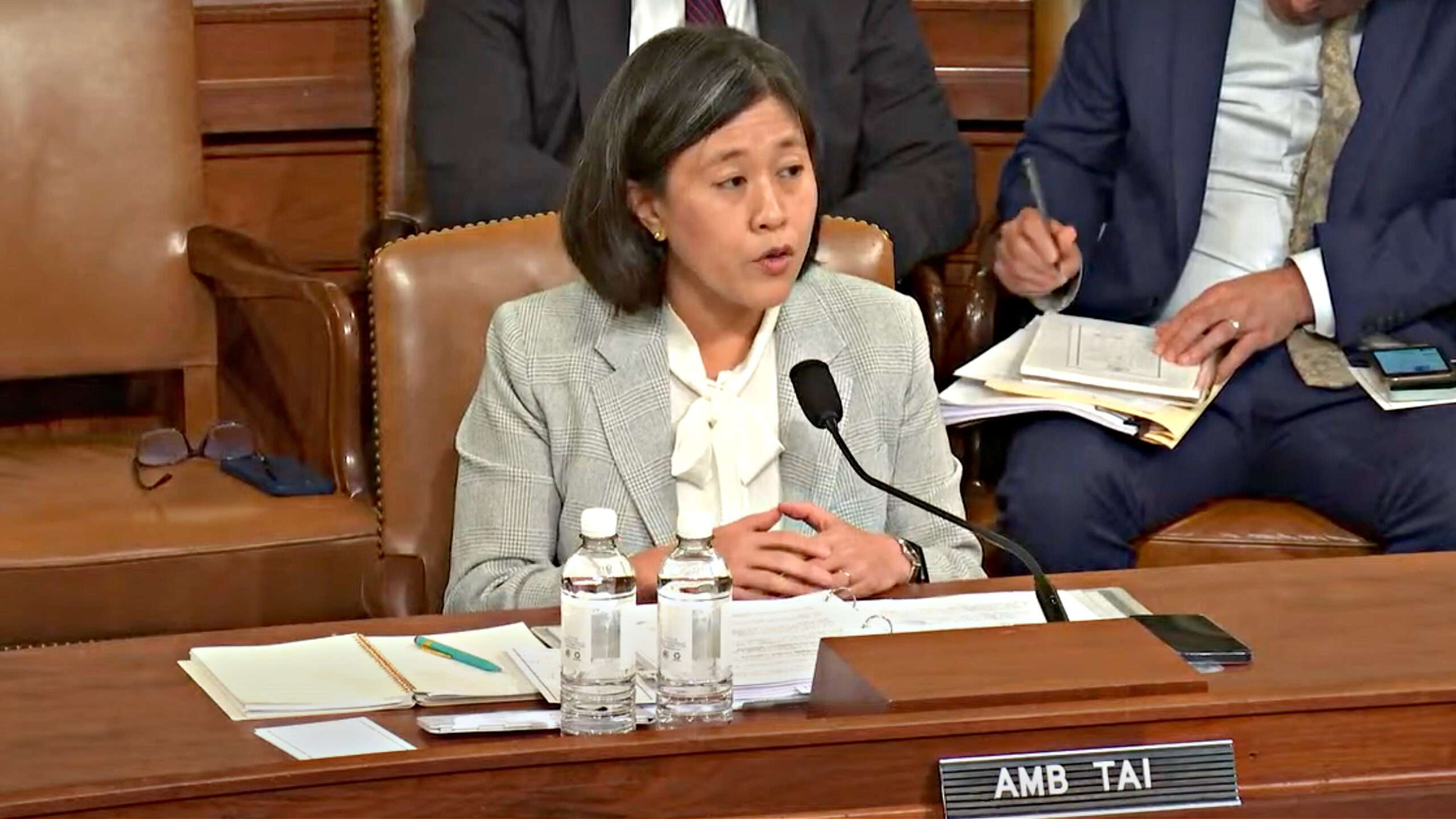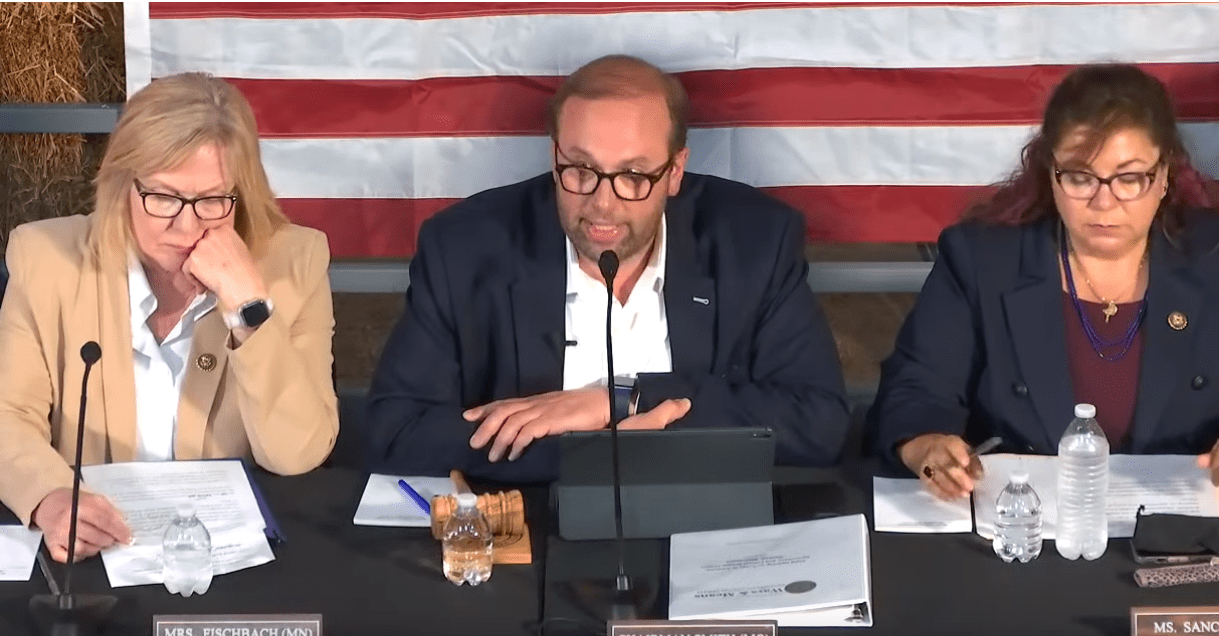
CPA Congratulates President-Elect Donald Trump on Victory
CPA will be working closely with President-Elect Trump’s team to craft policies that will make a lasting impact on U.S. trade and industrial policy.
CPA supports reforming trade policy to enable the creation of an agro-industry strategy that increases the prosperity of those producing food and fiber across America.
Trade agreements and World Trade Organization rules have prevented the United States from adopting a domestic agro-industry strategy that helps increase prosperity and prices for farmers and ranchers. Excessive growth of imports in the produce, seafood and meat sectors have impoverished rural communities which rely heavily upon agricultural production. Pursuit of export market opportunities in row crops and grains has benefitted multinational traders but not increased prices or farm income.
CPA supports reforming trade policy to enable the creation of an agro-industry strategy that increases the prosperity of those producing food and fiber across America as well as their communities. Prices and net farm income should be the measures of success rather than volume of cross border trade.

CPA will be working closely with President-Elect Trump’s team to craft policies that will make a lasting impact on U.S. trade and industrial policy.

John Deere will lay off or offer early retirement to over 200 workers in Iowa, while at the same time the tractor producer is gearing up to move production of mid-frame skid steer loaders and compact loaders from its plant in Dubuque, Iowa to a proposed new facility in Mexico.

The steaks and hamburgers you put onto your grill this summer are less American than one might think. In fact, the U.S. imports almost as much beef as it exports as global meatpackers continue to turn to imported beef, based on USDA data year-to-date.

Contrary to what many on the Senate Finance Committee believe, American farmers did gain market access in the last three years under Biden.

USTR Katherine Tai sat for a two hours-plus hearing with the House Ways and Means Committee on Tuesday to discuss trade matters and was met early on by some staunch criticism.

The House Ways & Means Committee hears from farmers who still say that, despite free trade deals with Mexico and Canada, some products still blocked.